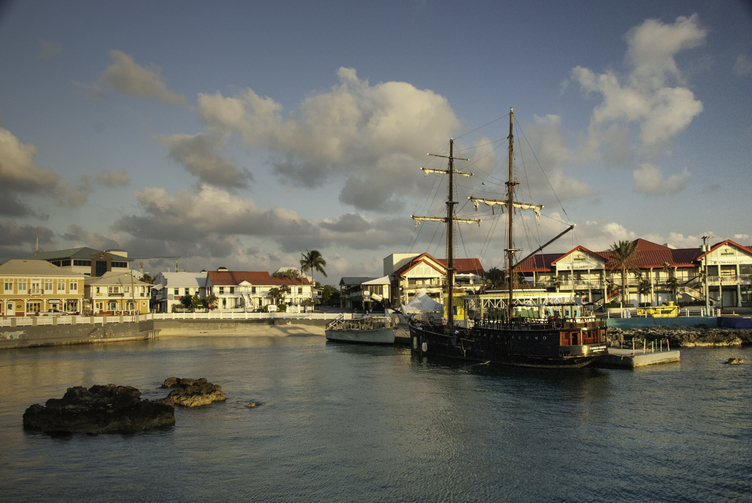Finance & Economy - GOV.KY
Our Finance & Economy
The Cayman Islands continues to stand as one of the world’s leading international financial centres, known for its political stability, sound regulatory environment, and strong reputation for compliance and cooperation. Our economy remains resilient, built on a foundation of trust, expertise, and innovation.
Overview
The Cayman Islands’ economy is often described as having two main pillars — financial services and tourism — both of which continue to thrive and complement each other. Financial services remain the largest contributor to the country’s Gross Domestic Product (GDP), while tourism continues to rebound strongly following the global pandemic, supported by increased airlift and hotel occupancy. Real estate development and construction also continue to play an important role in economic expansion.
Economic Performance
According to the Economics and Statistics Office’s Annual Economic Report 2023, the Cayman Islands’ real GDP grew by 4.2 per cent in 2023, following growth of 5.2 per cent in 2022. This sustained expansion reflects broad-based improvements across most sectors, including hotels and restaurants, construction, and wholesale and retail trade.
Inflation remained a key consideration, moderating slightly from 9.5 per cent in 2022 to 5.2 per cent in 2023, driven largely by price movements in housing, utilities, and transport.
The ESO’s Labour Force Survey Report (Fall 2023) indicates that the total labour force reached 60,513, with 58,504 employed persons and an unemployment rate of 3.3 per cent. The report also shows continued participation by Caymanians and non-Caymanians alike, reflecting a dynamic and growing job market. Preliminary figures for 2024 suggest a further improvement, with unemployment declining to around 2.4 per cent.

Fiscal and Structural Strength
The Cayman Islands Government continues to maintain a healthy fiscal position, operating without reliance on recurrent borrowing or financial assistance from the United Kingdom. The country’s public finances are guided by the Framework for Fiscal Responsibility, ensuring transparency, sustainability, and accountability in government spending.
The Islands’ tax-neutral environment remains a cornerstone of its success. There are no income, corporate, capital gains, inheritance, or property taxes. Government revenue is primarily derived from import duties, stamp duties, and various service-related fees.
Looking Ahead
The Cayman Islands continues to strengthen its position as a well-regulated, forward-looking jurisdiction. Efforts are underway to modernise data collection and improve national accounts to ensure alignment with international best practices. The Government remains focused on sustainable growth—balancing economic development with the protection of the Islands’ environment and way of life.
With steady growth, low unemployment, and robust financial oversight, the Cayman Islands’ economy remains one of the strongest and most stable in the region.
Taxes
Following the abolition in 1985 of an annual head tax of CI$10 on all adult male residents up to 60 years, there are no direct taxes in the Cayman Islands. There is no income tax, company or corporation tax, inheritance tax, capital gains or gift tax.
There are no property taxes or rates, and no controls on the foreign ownership of property and land.
The government charges stamp duty of 7.5 per cent in most areas, on the value of real estate at sale, with reduced rates available for Caymanians. There is a 1 per cent fee payable on mortgages of less than CI$300,000, and 1 1/2 per cent on mortgages of CI$300,000 or higher.
Currency
Cayman Islands currency circulates on the three Islands. Different coloured notes come in $1, $5, $10, $25, $50 and $100 denominations. (CI$80 = US$100.) Coins (100 cents equals one dollar) are valued at 1, 5, 10, and 25 cents. American dollars (but usually not coins) are also in circulation and accepted everywhere.
Cost of Living
The cost of living is generally higher than in the United States or the United Kingdom, as most commodities are imported and have to bear the cost of freight and insurance, plus customs duty if payable.
This is partly offset by the absence of income and property taxes, but monthly rents on apartments and houses in prime areas are higher than for comparable properties in the US or UK. Gas is less expensive than in Britain, though higher than in the US. The cost of electricity and water (in properties using piped water) can also be higher than a resident of the UK or US is accustomed to.

